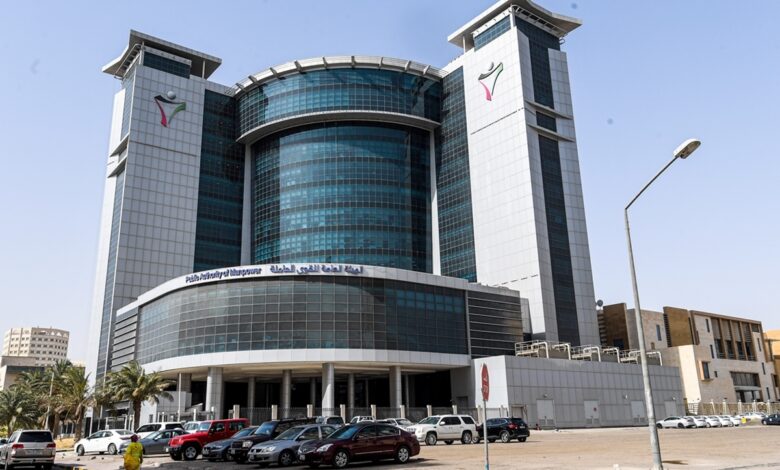Kuwait denies reports of wage hike for Filipino domestic workers
The Public Authority for Manpower stressed that any changes related to wages or employment contracts are only valid if announced through official and documented channels.

-
The Public Authority for Manpower will strictly enforce the law, imposing penalties such as suspension of commercial licenses and closure of company files for non-compliance, while inspectors with judicial police authority may enter workers’ housing to verify standards.
The Public Authority for Manpower (PAM) issued its first official comment regarding reports on raising the minimum monthly wage for Filipino domestic workers from $400 to $500 (about KD 150). PAM clarified that no official decision has been issued by the relevant government bodies to date, reported Al Jarida newspaper.
The authority stressed that any changes related to wages or employment contracts are only valid if announced through official and documented channels. The authority urged accuracy in reporting and warned against relying on rumors, confirming that official sources remain the sole authority for correct information.
Following a recent circular from the Department of Labor and Employment in the Philippines increasing the minimum monthly wage for Filipino domestic workers from $400 to $500 (about 150 dinars), PAM clarified that reports in some media outlets and social media about a salary increase are false.
23 warnings for occupational safety violations
In another development, a team of competent regulatory authorities, including representatives from the Public Authority for Manpower, the Occupational Safety Department of the Labor Inspection Department, the Residence Affairs Investigations Department, the Kuwait Fire Force at the Ministry of Interior, the Ministry of Commerce and Industry, and the Kuwait Municipality, conducted a surprise inspection campaign in the Al-Dajeej area of Farwaniya Governorate. The campaign resulted in the issuance of 23 warnings for violations related to non-compliance with occupational safety requirements.
According to the authority’s sources, upcoming periods will witness intensified surprise field campaigns targeting workers’ housing across all governorates, particularly in areas with high concentrations of expatriate workers. These campaigns aim to assess compliance with occupational safety regulations, ensure business owners and private sector companies—including those involved in government contracts—adhere to required standards, and safeguard the rights and safety of expatriate workers.
The sources stressed that the Public Authority for Manpower will enforce the law strictly against violators, imposing appropriate penalties, including suspension of commercial licenses and closure of company files for failure to comply. Inspectors, empowered with judicial police authority, are permitted to enter workers’ housing to verify compliance with established standards.
Occupational safety inspectors monitor and document violations during each inspection round and issue remedial warnings. They revisit the same sites within a short period to ensure corrections have been made. Failure to cooperate or address violations will result in formal recording of the offense and the imposition of penalties on the responsible company.












